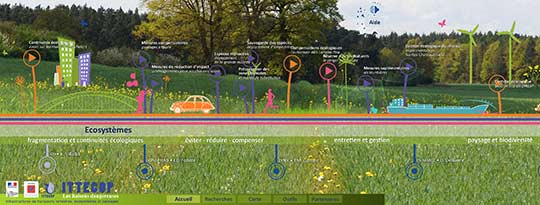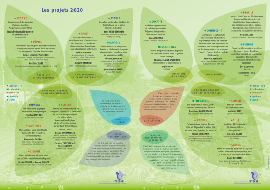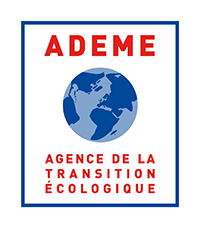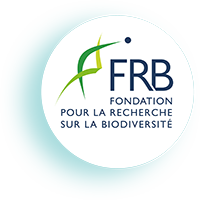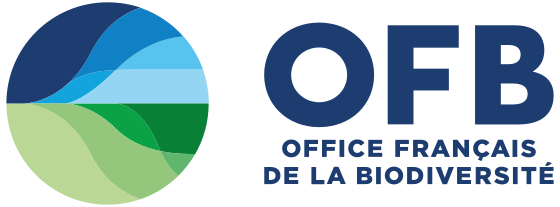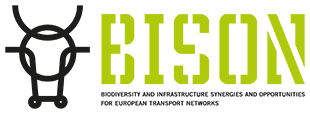ECOFRICH (2)
- What is the ecological and social future of territories - wastelands, habitats, cultivated land - near the Lille Grand Stade. Analysis of ITTs and programmed urban operations and study of possibilities.
What is the ecological and social future of territories - wastelands, habitats, cultivated land - near the Lille Grand Stade. Analysis of ITTs and programmed urban operations and study of possibilities.
The study site is a fragmented territory where very diverse landscapes intermingle. The mutation of this territory, following the arrival of the Grand Stade and the resulting land pressure, raises the question of the future of these landscapes, particularly the diversities of uses and the diversity of animal and plant species that inhabit it. . The research proposes to study the political conditions and impacts in social, landscape, ecological and economic terms of the implementation of many ITTs and urban projects of these lands.
It will be a question of carrying out an inventory of the existing one (ecological and toxicological diagnosis, spatial analysis and survey of the vegetal, animal species, habitats, populations, activities, uses, representations, assessment of the evolution of the use and land use) and a review of planned urban and ITT projects and their development conditions. It will be necessary to follow in particular the urban operations under study and the decisions relating to the implementation of ITT: which ITTs will be chosen for which objectives? What criteria will govern the choices? What will be considered and will not be? What links with other ITTs? What possible blockages? What will be the influence of the consultation mechanism and the political parties and associations mobilized.
The inventory work carried out will reveal what should be preserved, both from the point of view of the environments and their amenities, which would be contradictory, which would be possible, risky, compared to the companies and species present on the sites, but also with regard to consultations with residents and associative actors and the results of the survey on uses and representations that we propose to carry out. It will also explore, through an interdisciplinary approach, other ways of doing the city, which rather to develop in isolation from the existing, as is the case in many operations still today would take into account all its riches. These results should be very useful for the actors and decision-makers in charge of the territories concerned by the infrastructures and by this research.
Responsable(s) scientifique(s)
Alain- Leprêtre
- Université Lille 1 Sciences & Technologies - LGCgE Lille Nord de France – EA4515 - Ecologie Numérique et Ecotoxicologie
- Alain.lepretre[@]univ-lille1.fr
Responsable(s) scientifique(s)
Lefebvre- Bénédicte
- Maison Européenne des Sciences de l'Hommes et de la Société
- Benedicte.lefebvre[@]univ-lille1.fr
Rapports et synthèses
Rapport final- Présentation

